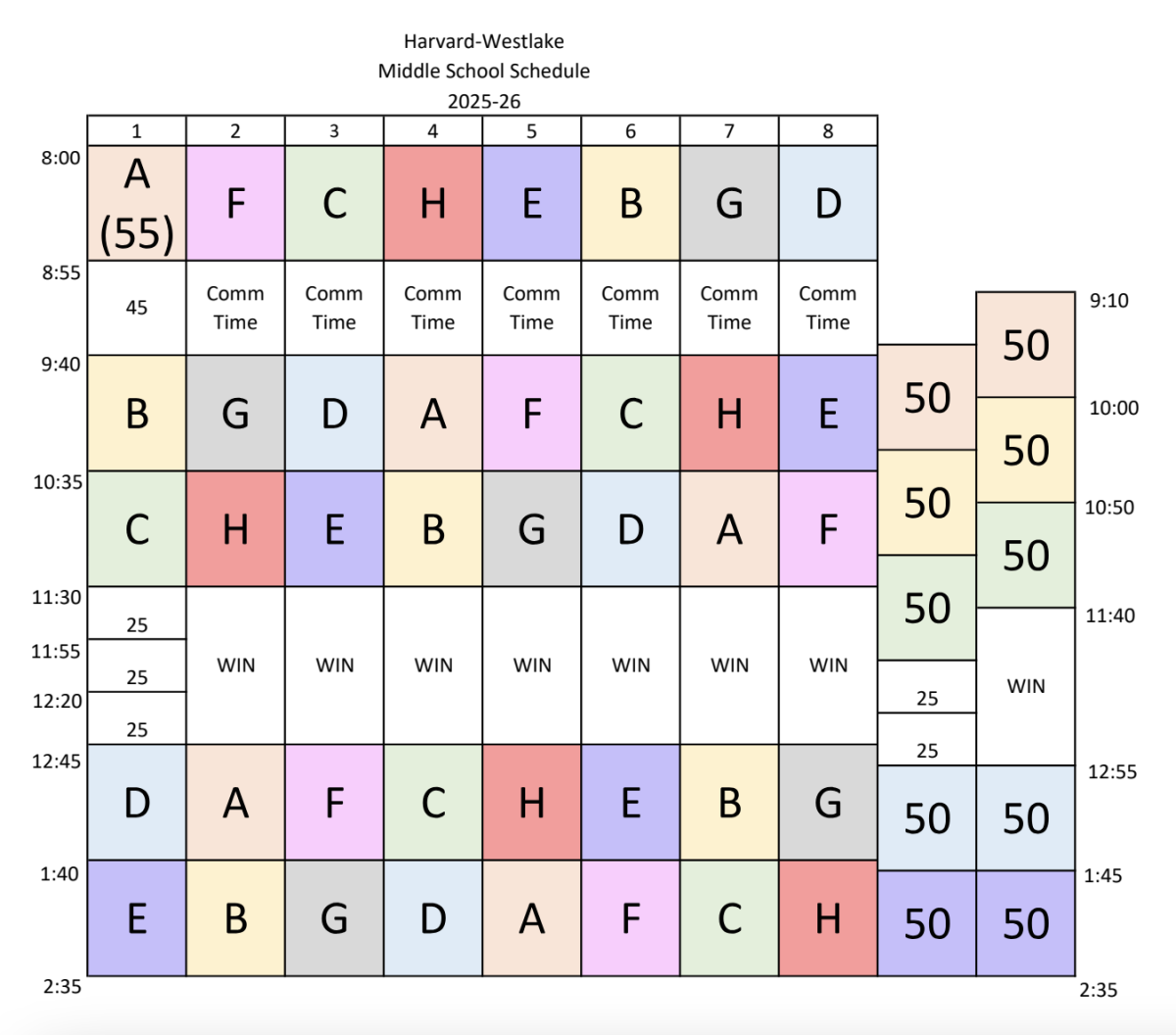Benjamin Netanyahu and his supporters won the recent Israeli parliamentary election amid allegations of corruption, increasing radicalization and an opposition party led by three senior generals. It would seem, considering the exact same parties involved in the previous coalition are likely to create this following one, too, this election was inconsequential, and it showed how Israeli politics have stabilized under Netanyahu. However, that conclusion misses something incredibly important: the complete replacement of policy with personality.
For clarification, there are certain groups who are not, and cannot conceivably be, affected by this problem.The first is the ultra-orthodox community within Israel. According to Israel National News, in 2014, ultra-orthodox individuals made up 11.1 percent of the population in 2014 and 12 percent in 2017. These percentages was very similar to their electoral vote. Shas and United Torah Judaism (UTJ), two ultra-orthodox religious political parties in Israel, put together got 10.78 percent of the vote in 2014 and 12.1 percent of the vote in 2019.
These political parties don’t gain voters from their leaders’ popularity, but from the ultra-orthodox ideology that results in people following their rabbis’ electoral recommendations. As long as ultra-orthodox rabbis recommend their followers to vote for ultra-orthodox parties, Shas and the UTJ are most likely going to continue to win a very similar number of votes and seats.
However, outside of this one segment of Israel, the entirety of Israeli politics have been supplanted by charismatic leaders. Netanyahu’s Likud party has become synonymous with his name, with policies that have changed significantly from government to government. In the 2009 government, Netanyahu was devoted to the two-state solution, the idea that there should exist both Palestinian and Israeli states in the land currently owned by Israel, and in 2013, Netanyahu even wanted to pull out of settlements, Israeli civilian communities built on disputed land.
Yet, in 2015, Netanyahu moved to the significant right, arguing that a two-state solution wasn’t possible in the near future. In 2019, he declared his outright support for annexing any land in the West Bank with a Jewish settlement on it, requiring those lands to be subject to the Israeli government’s sovereignty rather than military control. Netanyahu tends to change his positions based on whatever electoral strategy he is trying to accomplish politically. Even still, his flighty policies look incredibly principled compared to his main competitor.
Benny Gantz, who once appeared the most threatening political opponent of Netanyahu, lost the election, and as a result, his political party has been rendered completely purposeless.
Gantz ran on his credentials as ex-chief of staff to the Israeli army; he had no political experience. In fact, he didn’t even have any political positions, unless one considers not being Netanyahu as a platform. His party, Blue and White, was actually an alliance between three different political parties: Gantz’s own Resilience Party, Yair Lapid’s Yesh Atid and Moshe Ya’alon’s Telem. These parties brought with them a broad range of policies.
On Palestine, Yesh Atid believed in a two-state solution, but Telem has officially renounced the creation of a Palestinian state in the foreseeable future. Economically, Yesh Atid has built its popularity off of its anti-tax, pro-small government stance, but Resilience’s Economics spokesman, the ex-leader of Israel’s largest union, believes in a social-market economy.
Outside of replacing Netanyahu, there doesn’t seem to be a single policy Blue and White’s leadership can agree on. Here, policy has been replaced with a mix of Gantz’s image as a quintessential Israeli, and the theoretically popularity hatred of Netanyahu.
As political parties of personality won the Israeli election, the policy-based ones lost. Labor, for instance, which has historically been the main left-wing party in Israel, had its worst election in history, Prior to this election, their worst result was in 2009, when they got slightly below 10 percent of the vote. In the 2019 elections, they only received 4.45 percent.
The reason for this is that Labor, unlike Blue and White, ran with a particular political platform. Their policy on Palestine was a clear endorsement of unilateral withdrawals to accomplish a two-state solution. Likewise, the economic policy clearly endorsed unions, increased environmental regulation and raised taxes on the wealthy.
By focusing on policy, the party scared away both voters who were both too left-wing and too right-wing for their policies. In the era of political personalities rather than policies, principled campaigning is synonymous with political neutering, ridding a party of the ability to increase its popularity beyond its base.
Even better examples of this trend in Israel than the disastrous Labor campaign were the parties that fell below the minimum vote threshold to win seats in the Knesset, Israel’s main legislative body. There were two parties, one right-wing and one left-wing, that both showed the Israeli public would much rather focus on popular people than popular ideas.
The right-wing party was Zehut, a party that both supports cannabis legalization and building the Third Temple. Through supporting these policies, Zehut also ran an extremely policy-based campaign in the election. However, despite initial positive poll results, this party only finished with only 2.73 percent of the vote.
Gesher, a left-wing party, also ran on a policy-based platform. Founded by Orly Levy, previously a representative of Yisrael Beiteinu, a right-wing political party in Israel, Gesher chose to focus on socio-economic views. Due to a large number of pension and welfare activists supporting the party, Levy promised a mostly left-wing platform reflective of these activists’ views. Intentionally choosing not to focus on foreign policy or Palestine, this party initially found a niche in previous left-wing voters who found the focus on Palestine to be distracting from the real issues. Yet, that didn’t happen. Gesher only got 1.73 percent of the vote, failing to get even close to winning any seats.
What happened to both of these parties which appeared to be doing so well before crashing in popularity shortly before the election? They refused to support either Netanyahu or Gantz. Purporting that they would only support a government willing to fulfill their platforms, both Zehut and Gesher paid the price of a personality-based election.
As the election became focused on whether Netanyahu or Gantz were more likely to destroy Israel rather than which one would be more likely to implement good policy, both right-wing and left-wing voters were scared away from these policy-based parties. After all, for the right a vote for Zehut could be a vote for that traitor Benny Gantz. And for the left, a vote for Gesher could be a vote for that evil Netanyahu. And that is the tragedy of personalized politics: they makes policy-based politics impossible.
While Netanyahu won, we do not yet to know who the ministers in his government will be or how much sway each party will have in the coming coalition’s policies. We do know one thing for certain, though: this will be a government of Netanyahu but not necessarily a government of Likud policy. Likud, after all, has been a party of Netanyahu, not policy. This election has been an extreme example of the personalization of the political, and based on previous trends, it’s not likely to get any more policy-based.










